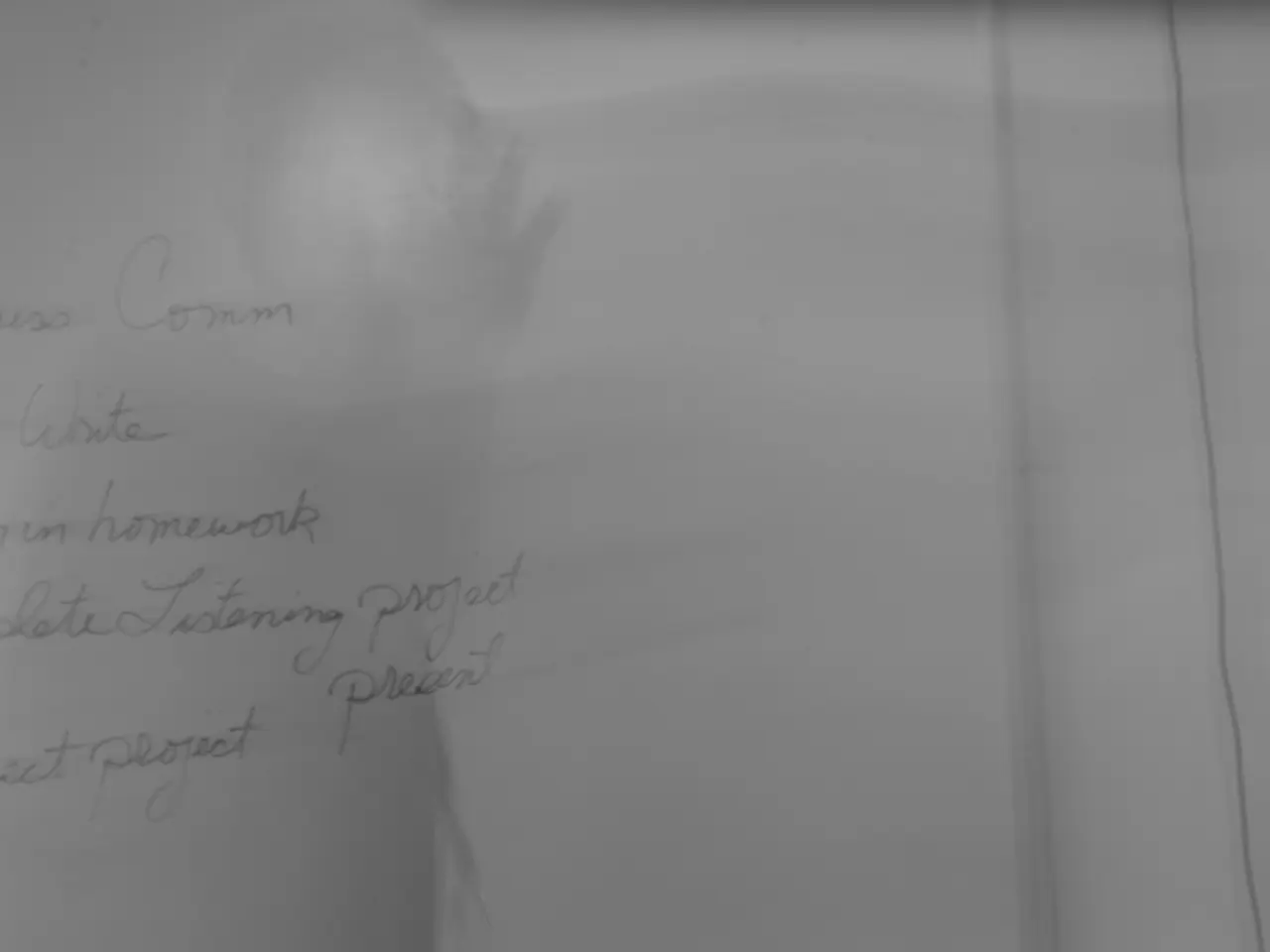The Halo Effect's Influence on Human Survival
The halo effect, a cognitive bias first introduced by Dion et al. (1972), is a psychological phenomenon that significantly influences our decision-making processes. This bias, rooted in our perception of physical attractiveness, can lead us to attribute positive qualities to individuals, products, or brands based on single positive attributes.
In our personal and professional lives, the halo effect can subtly sway decisions in favour of attractive individuals, leading to opportunities being offered based on biased perceptions rather than actual abilities or qualifications. This bias can manifest in various contexts, from employment to social interactions.
In the realm of marketing, the halo effect can influence consumer perception of products or services. A well-designed website, for instance, might give the impression of a reliable or high-quality service, even if the actual product is subpar. This bias can also be exploited in deceptive practices, such as political campaigns, social media influence, and marketing manipulation, which threaten human survival by undermining the basis of fair and informed choices.
Research suggests that physically attractive defendants may receive more favourable legal outcomes due to the halo effect influencing judges or jurors. This bias can contribute to social inequality by favouring certain groups over others, potentially affecting access to life-saving resources or opportunities.
Mitigating the halo effect requires a multi-faceted approach. Awareness and education about the bias can help individuals recognise and challenge their own biases, leading to more objective decision-making processes. Blind recruitment, where personal characteristics like physical appearance are hidden, can reduce the impact of the halo effect in hiring decisions. Establishing clear, objective criteria for decision-making helps to focus on relevant qualities rather than physical appearance.
Encouraging a culture that values diversity and emphasises the importance of qualities beyond physical appearance can help mitigate the halo effect. Promoting critical thinking skills can also help individuals evaluate others based on evidence rather than appearance. By teaching individuals to question their initial judgments, we can foster more balanced assessments of people and situations.
In education, teachers may unconsciously grade students more favourably based on initial impressions or personal likability rather than actual performance. Understanding and addressing the halo effect can enhance decision-making capabilities and improve outcomes in critical areas affecting human survival.
While the halo effect itself does not directly affect human survival, it can indirectly influence survival by leading to inefficient allocation of resources, where attractive individuals might receive more opportunities or support, even if they are not the most qualified or capable. By recognising and addressing these biases, we can work towards creating a more equitable environment where decisions are based on merit rather than appearance.
- In the sphere of health-and-wellness and mental-health, the halo effect can lead to misguided judgments about individuals based on their physical attributes, potentially impacting the quality of care and support they receive.
- Education-and-self-development can benefit greatly from understanding and addressing the halo effect, as it can help instructors to assess students fairly and accurately based on their skills and knowledge, rather than initial impressions or personal likability.
- Personal-growth and career-development can be positively impacted by mitigating the halo effect, as individuals are afforded equitable opportunities and assessments based on their talents and qualifications, rather than physical appearance.
- Science, as a discipline, can play a crucial role in uncovering the nuances of the halo effect and its impact on various aspects of human life, paving the way for evidence-based recommendations to reduce its influence and promote fairness.




